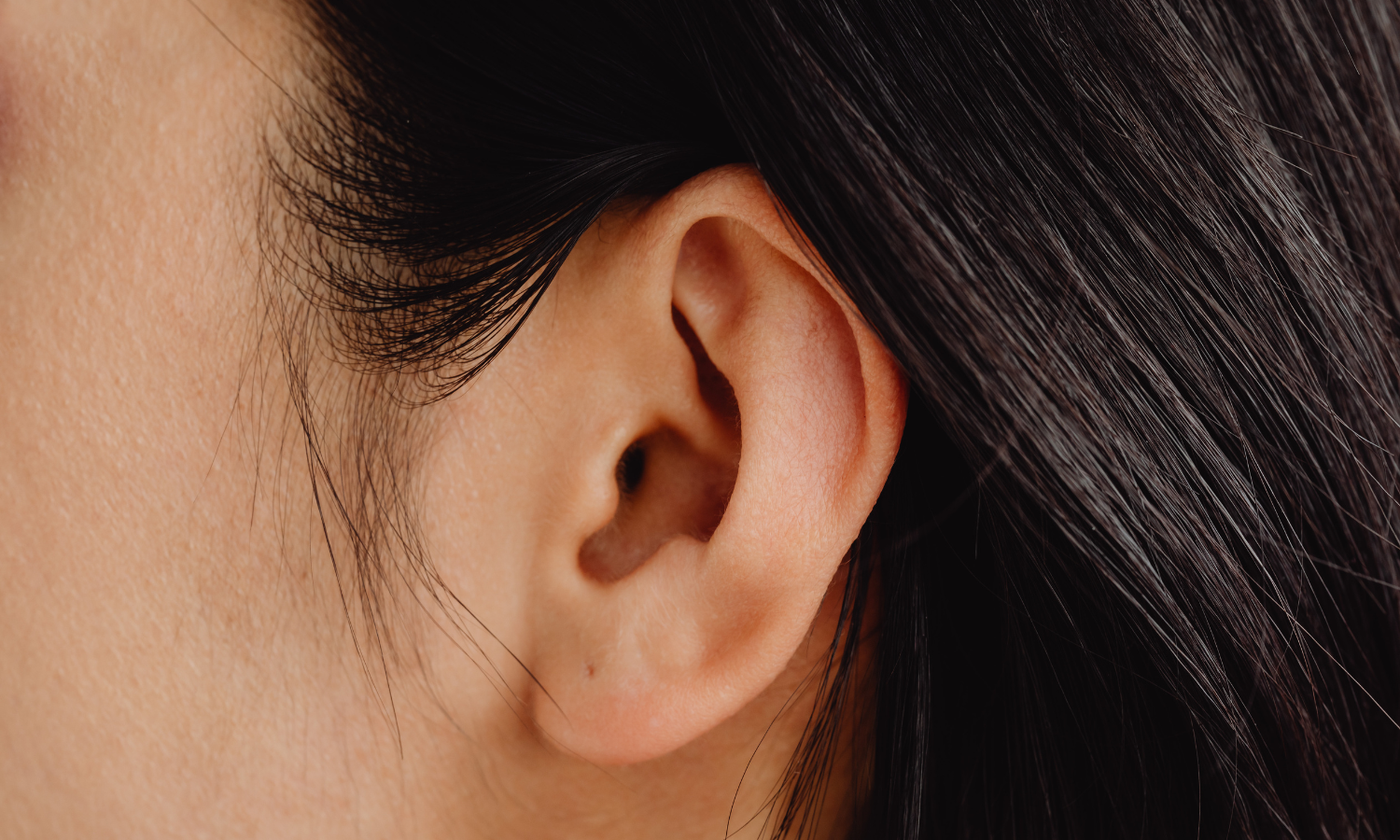How to Treat Ear Eczema
Eczema can be especially frustrating and uncomfortable when it affects sensitive areas like the ears. If you're struggling with eczema on your ears, there are steps you can take to treat the symptoms and improve your quality of life. From avoiding triggers to using gentle skincare products, read on for practical advice and strategies.
Symptoms of ear eczema include:
Itching
Redness
Dry Skin
Flaky Skin
Inflammation in the ear canal and outer ear
Pain
Hearing Loss- in severe cases
Identify Triggers and Avoid Them
One of the most important steps in managing eczema in your ears is identifying triggers and avoiding them as much as possible. Common triggers include certain fabrics, soaps and shampoos, stress, and allergens like pollen or pet hair. Keep a journal to track when your symptoms flare up and try to identify any patterns. Once you know what triggers your eczema, take steps to avoid those triggers as much as possible. For example, switch to fragrance-free skincare products or avoid wearing certain types of earrings.
Keep Your Ears Clean and Moisturised
Keeping your ears clean and moisturised is crucial when managing eczema on your ears. Use a gentle cleanser to wash your ears and avoid using cotton swabs, which can irritate the skin and push debris further into the ear canal. After washing, apply a moisturiser specifically designed for eczema-prone skin to keep your ears hydrated and prevent dryness and itching. Be sure to choose a moisturiser that is fragrance-free and hypoallergenic to avoid further irritation.
Home Remedies for Ear Eczema
Some home remedies for eczema ears include using a warm compress, applying coconut oil or aloe vera gel, and avoiding harsh soaps and shampoos. It is important to talk to your doctor before trying any home remedies.
Use Medications as Directed by Your Doctor
If the eczema on your ears is severe, your doctor may prescribe medications to help manage your symptoms. It’s important to use these medications exactly as directed by your doctor and to follow up with them regularly to monitor your progress. Some common medications for eczema on the ears include topical corticosteroids, calcineurin inhibitors, and antihistamines. Be sure to discuss any concerns or questions you have about your medications with your doctor.
Wear Soft, Breathable Fabrics
When dealing with eczema on your ears, it’s important to avoid irritating fabrics that can worsen your symptoms. Instead, opt for soft, breathable fabrics like cotton or silk. Avoid wool or synthetic materials that can cause itching and irritation. Be sure to also wash your clothes and bedding with fragrance-free, hypoallergenic detergents to avoid any potential irritants. By taking these simple steps, you can help manage your eczema and improve your overall comfort.
Seek Support from a Dermatologist or Support Group
If you are struggling to manage eczema in your ears, it may be helpful to seek support from a dermatologist or a support group. A dermatologist can provide personalised treatment options and advice for managing your symptoms. They may also be able to recommend specific products or medications that can help alleviate your eczema. Joining a support group can also provide you with a community of people who understand what you are going through and can offer advice and encouragement. Don't be afraid to reach out for help and support in managing the eczema in your ears.



